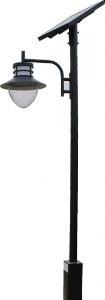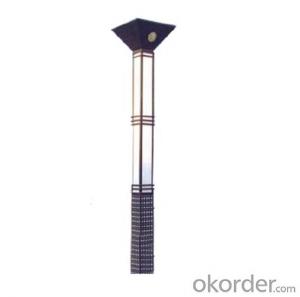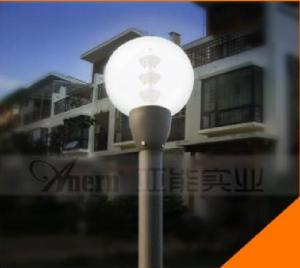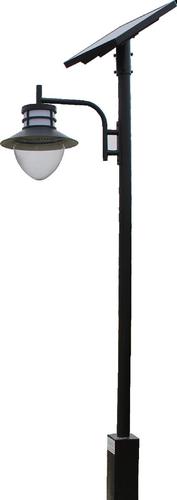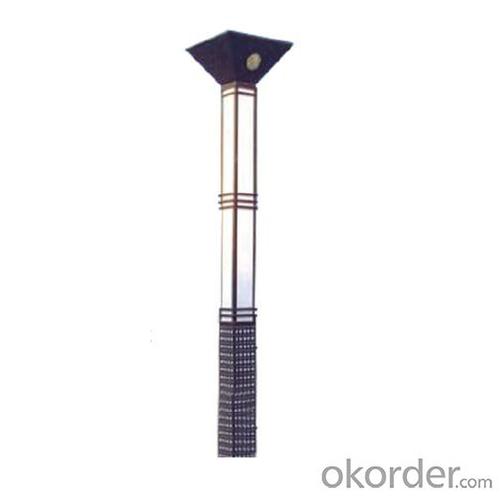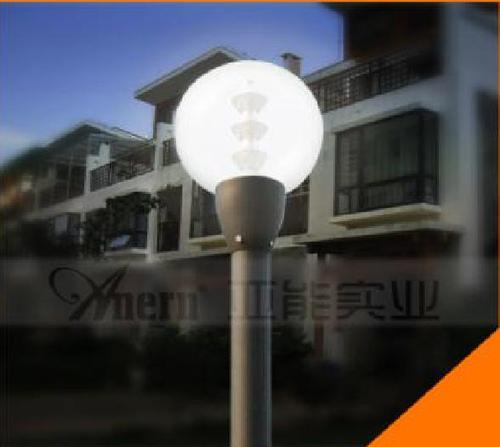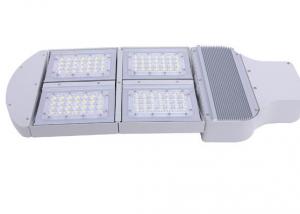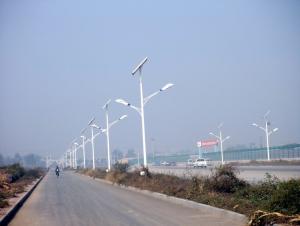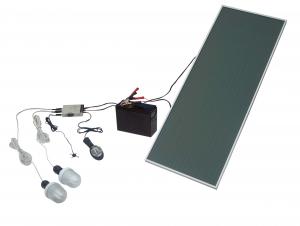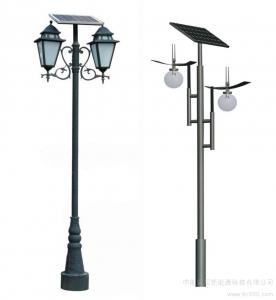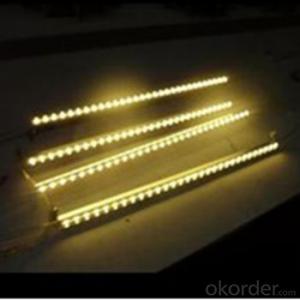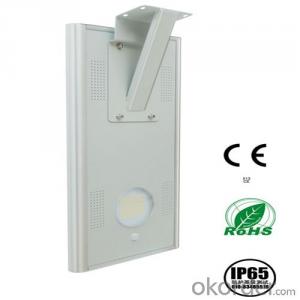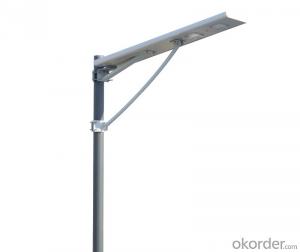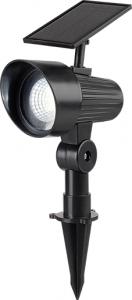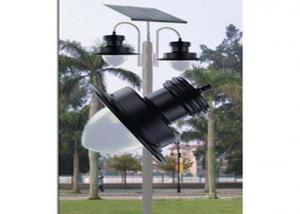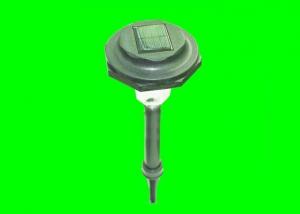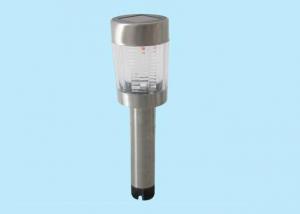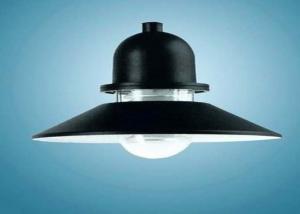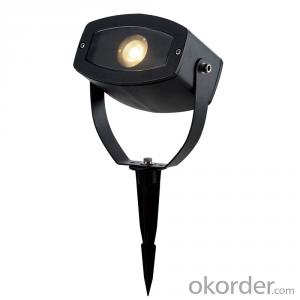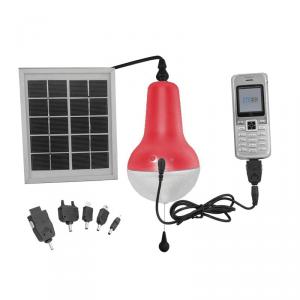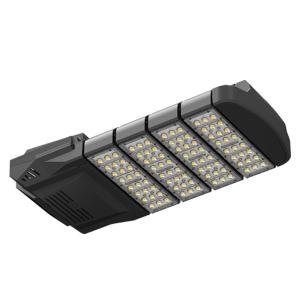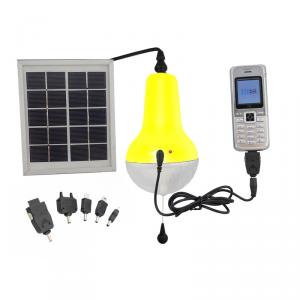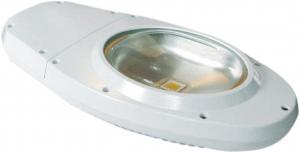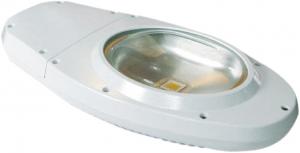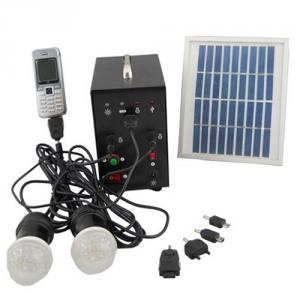Menards Solar Light LED Garden Light 10W
OKorder Service Pledge
OKorder Financial Service
You Might Also Like
LED garden light
futures:
Over 50,000Hrs mean time between failures(depends on environment).
Superior color rendering index up to 90,near daylight quality.
Lamp Luminous Efficiency up to 100lm/w.
what we can offer:
1.Your inquiry related to our products or prices will be replied immediately.
2. Professional service from well-trained and experienced staffs is customers’ best choice to secure good
communication, on time delivery, reliable warranty etc.
3. OEM is available for Anern Products.
FAQ
Q:Are you manufacture or trading company
A:we are group company with facotries.
Q:Required mainly certificated?
A:Our product are certified by CE RoHS,IEC,C-tick etc.
Q:Your mainly export market?
A:The main market of our product is South-east Asia,Mid east,Africa, east Europe and latin America
Q:your main product produced?
A:solar section:solar street light, LED section:LED street light
| LED Power | 10W | LED model | DZ-TYD-07 |
| solar module | 18v 45wp | battery | 12V50AH |
| Lifespan | 3,000~,000hrs | Warranty | 3 years |
| controller | 12V5A | reliability | 100% light over year |
- Q: What happens if a solar light's battery dies?
- If a solar light's battery dies, it will no longer be able to store and provide energy for the light to function. As a result, the light will not illuminate until the battery is recharged or replaced.
- Q: Can solar lights be used in areas without electricity?
- Yes, solar lights can be used in areas without electricity as they are powered by sunlight and do not require a grid connection for operation.
- Q: Can solar lights be used for outdoor restaurant or café lighting?
- Yes, solar lights can be used for outdoor restaurant or café lighting. They are a sustainable and cost-effective option as they harness energy from the sun and do not require electricity. Solar lights can provide ambient and decorative lighting, creating a pleasant atmosphere for outdoor dining experiences.
- Q: Can solar lights be used in remote locations?
- Yes, solar lights can be used in remote locations. Since solar lights operate using energy from the sun, they do not require a direct connection to the power grid. This makes them highly suitable for remote areas where there may be limited or no access to electricity. Solar lights are self-sufficient and can provide reliable lighting even in the most isolated locations.
- Q: Can solar lights be used for poolside lighting?
- Yes, solar lights can be used for poolside lighting. They are a great option as they are easy to install, energy-efficient, and do not require any electrical wiring. Solar lights can provide adequate illumination around the pool area while adding a pleasant ambiance to the surroundings.
- Q: Can solar lights be used for illuminating outdoor sculptures?
- Yes, solar lights can be used for illuminating outdoor sculptures. Solar lights are a popular and eco-friendly option for outdoor lighting, including illuminating sculptures. They are powered by sunlight, which means they don't require electricity or wiring, making them easy to install and maintain. Solar lights come in various shapes, sizes, and designs, allowing you to choose the ones that best complement your outdoor sculptures. Additionally, solar lights are equipped with sensors that automatically turn them on at dusk and off at dawn, ensuring that your sculptures are beautifully illuminated during the evening hours. Moreover, solar lights are energy-efficient and provide a soft, ambient glow that enhances the visual appeal of outdoor sculptures while creating a captivating atmosphere in your outdoor space.
- Q: Can solar lights be used in conjunction with other renewable energy sources?
- Yes, solar lights can definitely be used in conjunction with other renewable energy sources. In fact, integrating solar lights with other sources such as wind or hydro energy can provide a more reliable and sustainable lighting solution. This combination allows for greater energy generation and storage options, ensuring uninterrupted lighting even during periods of low sunlight.
- Q: Can solar lights be used for lighting up outdoor patios or balconies?
- Yes, solar lights can definitely be used for lighting up outdoor patios or balconies. Solar lights are specifically designed to harness sunlight during the day and convert it into electricity, which is stored in rechargeable batteries. This stored energy is then used to power the lights during the night, providing illumination without the need for external power sources or wiring. Solar lights come in various types and designs, including string lights, lanterns, spotlights, and pathway lights, making them versatile options for outdoor lighting. They are easy to install and require minimal maintenance, making them an ideal choice for illuminating patios or balconies while being energy-efficient and environmentally friendly.
- Q: Are solar lights suitable for disaster relief or emergency response operations?
- Yes, solar lights are suitable for disaster relief or emergency response operations. They provide a reliable and sustainable source of lighting in areas affected by power outages or lack of electricity infrastructure. Solar lights do not require an external power source, as they generate energy from sunlight, making them highly practical and cost-effective in emergency situations. Additionally, they are portable, easy to deploy, and have a long battery life, ensuring continuous illumination during critical times.
- Q: Are there different colors available for solar lights?
- Yes, there are different colors available for solar lights.
Send your message to us
Menards Solar Light LED Garden Light 10W
OKorder Service Pledge
OKorder Financial Service
Similar products
Hot products
Hot Searches
Related keywords
